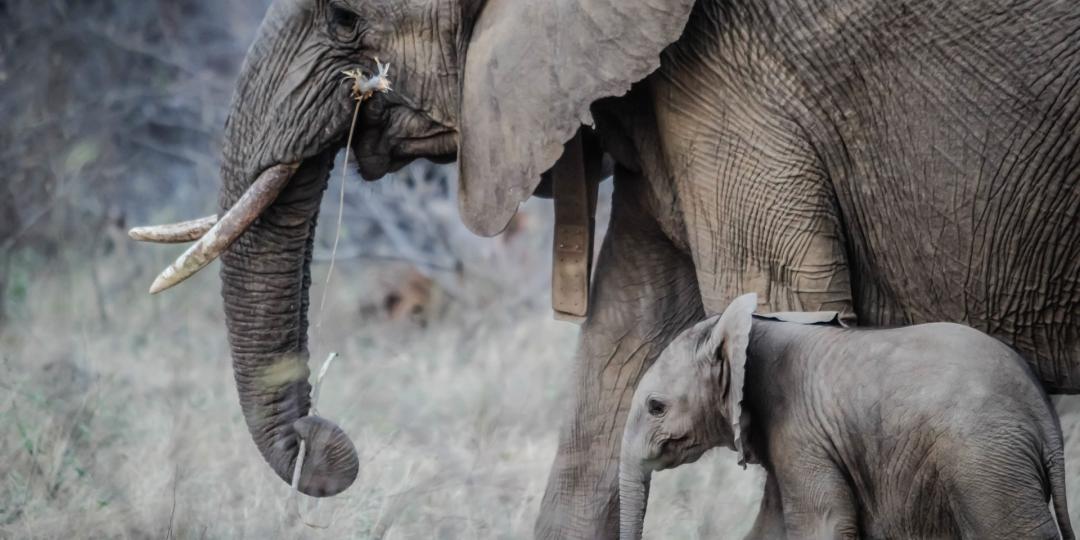In dedication to supporting female anti-poaching rangers, charity and awareness campaign, How Many Elephants (HME), has established an online platform – www.worldfemalerangerday.org – which will go live in May.
Co-founder of World Female Ranger Day and founder of HME, Holly Budge, says: “Through the World Female Ranger Day initiative, HME aims to collate gender-specific data about female anti-poaching rangers. This will enable us to identify their needs, find tangible solutions and help build effective policies to contribute towards positive outcomes for female rangers and conservation as a whole.”
HME showcases the annual poaching rate of 35 000 elephants in Africa in a visual exhibition to educate a global audience about the devastating impacts of the ivory trade – and anti-poaching rangers need support now more than ever.
As recently as March 25, Africa’s elephant species have been reported to be at an increased risk of extinction due to being poached for their tusks and losing their natural habitats due to human activity. The forest elephant is now listed as critically endangered, and savannah elephants are listed as endangered in the International Union for Conservation of Nature (IUCN) Red List of Threatened Species.
“The future of the African elephant is at a tipping point, having already been dealt a blow by the collapse of ecotourism due to COVID-19. Elephants are a keystone species. They play an indispensable role in the healthy functioning of the larger ecosystem. Losing these important ecosystem engineers is of extreme detriment to the environment and beyond,” Budge explains.
The most recent estimate, the 2016 IUCN African elephant status report, suggests there are around 415 000 elephants across the continent in the two species combined.
But the assessment also points to successes in conservation of the animals, including anti-poaching measures, legislation, and land use planning that aims to help elephants and people co-exist.
IUCN Director-General, Dr Bruno Oberle, says: “Africa’s elephants play key roles in ecosystems, economies and in our collective imagination all over the world. Today’s new IUCN Red List assessments of both African elephant species underline the persistent pressures faced by these iconic animals. We must urgently put an end to poaching and ensure that sufficient suitable habitat for both forest and savannah elephants is conserved. Several African countries have led the way in recent years, proving that we can reverse elephant declines, and we must work together to ensure their example can be followed.”






















